MercoPress. South Atlantic News Agency
Stories for 2009
-
Thursday, November 5th 2009 - 10:17 UTC
Crucial “reconciliation day” for Honduras political crisis
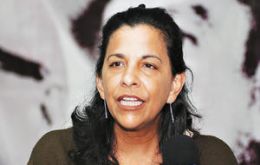
“We believe Honduran President (Manuel) Zelaya should be restored to power,” State Department spokesman Ian Kelly told reporters on Wednesday, but he added that Washington was focused on implementing the whole agreement reached over the weekend and the process was “now for Hondurans to decide”.
-
Thursday, November 5th 2009 - 09:53 UTC
Brazil’s reserves reach new record in October: 232.9 billion US dollars
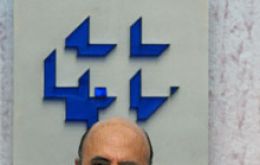
Brazil's foreign reserves totaled 232.9 billion US dollars at the end of October, up from 224.2 billion at the end of September. In the first ten months of 2009, reserves were up 26.1 billion. Reserves ended last year at 206.8 billion.
-
Thursday, November 5th 2009 - 09:51 UTC
Petrobras receives Chinese financing to develop sub-salt oil resources
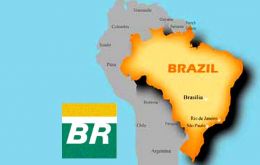
Brazil's government managed oil and gas group Petrobras announced Wednesday it had signed a contract permitting the first payment from a 10 billion US dollar loan from China to help it finance upcoming investments.
-
Thursday, November 5th 2009 - 08:27 UTC
Fed leaves rates unchanged and admits businesses are still “cutting back”
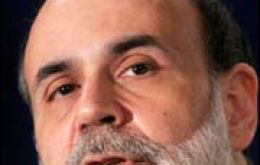
The Federal Reserve Open Market Committee kept US interest rates on hold at between 0% and 0.25%, as had been widely expected. Despite the US economy growing 3.5% in July to September - its first expansion since June 2008 - rates were left unchanged on Wednesday to further aid the recovery.
-
Thursday, November 5th 2009 - 08:21 UTC
Squid landings in Argentine ports down 74% to 65.983 tons

Fisheries landings in Argentine ports during the first ten months of the year were down 31% to 576,623.7 tons (from 832.655 tons) mainly because of the significant decline in squid catches.
-
Thursday, November 5th 2009 - 07:21 UTC
US dollar falls to lowest rate in a year vis-à-vis the Chilean Peso

The US dollar fell to an exchange rate of Chilean Pesos 528 on Tuesday, the lowest rate since September 2008, a tendency confirmed in Wednesday’s trading. Since the beginning of 2009, the dollar has fallen 113 Chilean pesos.
-
Thursday, November 5th 2009 - 06:30 UTC
The Secret of Prosperity is Freedom

By Michael Magan (*)
On economic policy, Latin American leaders face a basic choice: Adopt old style government-heavy populism championed by Venezuelan president Hugo Chavez, or the market-friendly reforms instituted in countries like Brazil, Peru, and Chile? -
Thursday, November 5th 2009 - 06:20 UTC
Interpol suggests mediation between Argentina and Iran over terrorist attack
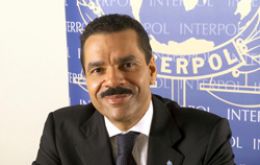
France based Interpol proposed Argentine and Iranian authorities meet at Interpol's General Secretariat Headquarters in Lyon, central-south France, to unlock the judicial stalemate of the 1994 AMIA terrorist bombing in Buenos Aires.
-
Thursday, November 5th 2009 - 06:13 UTC
Bailing out UK banks has cost each British family £ 4.350 claim Tories
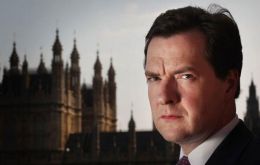
The British government’s plan to pump a further £25.5 billion of taxpayers’ money into Royal Bank of Scotland means the cost of the banking bailout has reached £4,350 for every family in the UK.
-
Thursday, November 5th 2009 - 05:51 UTC
Strict cuts and rules for British MPs allowances

British Members of Parliament should no longer be able to claim for their mortgages or employ family members at the taxpayers' expense, the long-awaited report by the standards watchdog has said.
